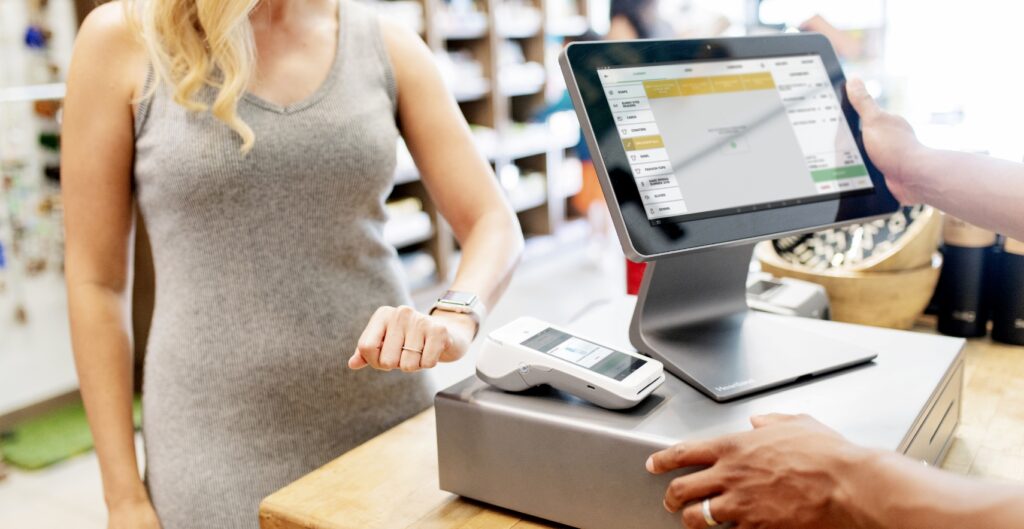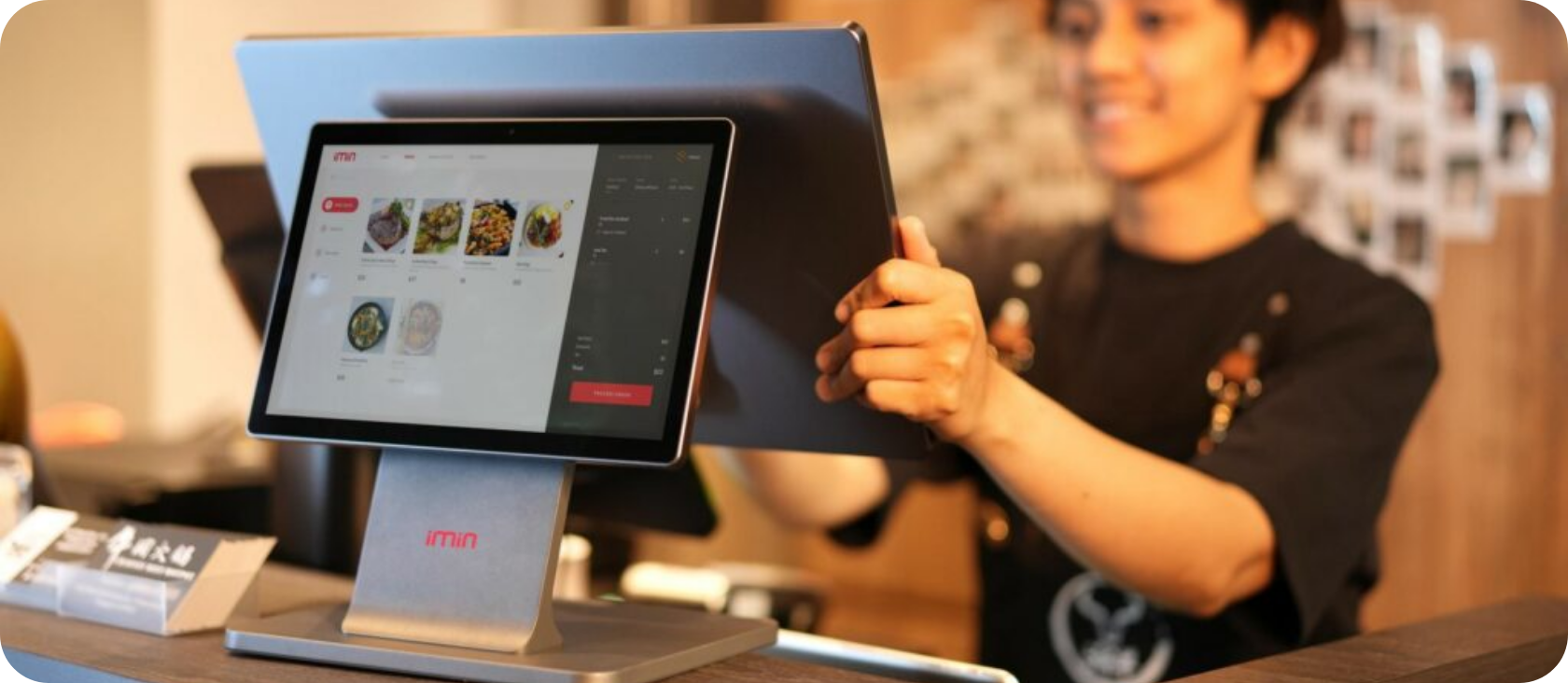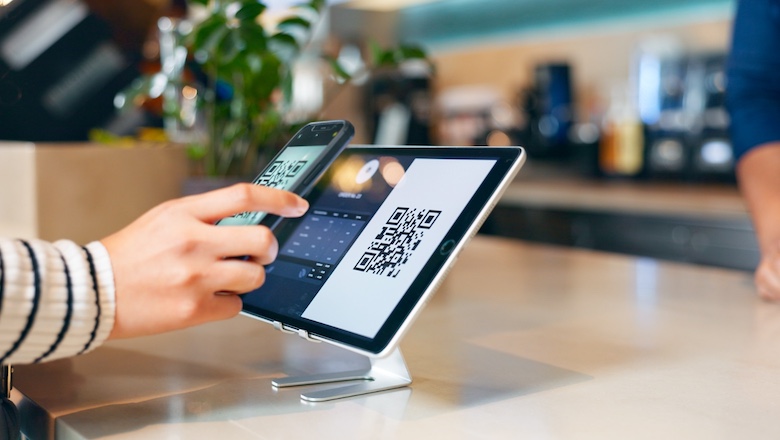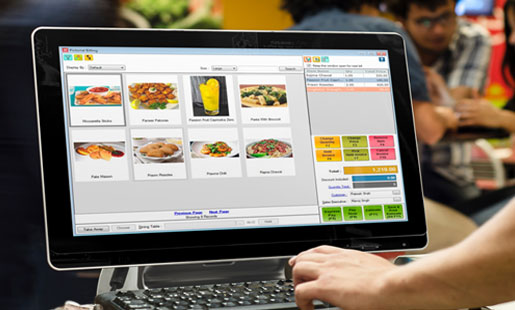POS Systems: The Growth Engine Behind Successful Retailers

In the modern retail landscape, success is no longer driven by products alone — it’s powered by technology. Among the many innovations transforming the retail world, Point of Sale (POS) systems stand out as one of the most powerful tools fueling business growth. What was once just a cash register has evolved into a dynamic, data-driven system that manages transactions, tracks inventory, analyzes performance, and enhances customer engagement. For today’s retailers, an efficient POS system is not just a convenience — it’s a growth engine.
From Transactions to Transformation
Gone are the days when POS systems were merely used to ring up sales. Today’s POS solutions are advanced, cloud-based platforms that integrate every aspect of a retail business. They connect sales, inventory, customer data, employee management, and even marketing — all from one centralized system.
With real-time data and seamless integrations, retailers can monitor multiple stores, analyze performance metrics, and make informed decisions from anywhere. This digital transformation has helped both small boutiques and global brands streamline their operations and focus more on what truly matters — delivering value to customers.
Empowering Data-Driven Decision Making
In the retail industry, knowledge is power — and POS systems provide exactly that. Modern POS platforms capture valuable data every time a transaction occurs. This data includes sales trends, best-selling products, customer purchase history, and even employee performance metrics.
By analyzing this information, retailers can identify which products perform best, forecast demand, and make smarter inventory and marketing decisions. For instance, understanding peak shopping hours helps retailers schedule staff efficiently, while sales trend data can guide product ordering and promotions. In this way, a POS system becomes not just a record keeper but a strategic decision-making tool that drives profitability.
Streamlining Operations and Reducing Costs
Efficiency is at the heart of any successful retail operation, and POS systems play a crucial role in achieving it. Automation reduces manual errors and saves time across daily processes such as billing, inventory tracking, and accounting.
Inventory management, in particular, is greatly simplified. A smart POS system automatically updates stock levels with every sale, notifies staff when products are running low, and even suggests reorder quantities based on past trends. This prevents both overstocking and stockouts — two costly challenges for retailers.
Additionally, integration with accounting software and supplier management tools further reduces administrative work, freeing up time for business owners to focus on growth strategies and customer engagement.
Enhancing Customer Experience
Customer expectations have evolved dramatically in recent years. Shoppers now demand speed, convenience, and personalization — and a robust POS system helps retailers deliver exactly that.
With fast and accurate billing, multiple payment options (including contactless and mobile payments), and digital receipts, POS systems make checkout seamless. Meanwhile, integrated customer relationship management (CRM) tools allow businesses to track buying habits, create loyalty programs, and offer personalized discounts.
For example, a POS system can automatically recognize a returning customer and suggest products based on their previous purchases. This not only boosts sales but also strengthens customer relationships — a vital ingredient for long-term success in retail.
Supporting Omnichannel Retailing
As online and offline shopping merge, successful retailers are embracing omnichannel strategies — and POS technology is the bridge that makes it possible.
Modern POS systems synchronize in-store and online sales data, ensuring consistent pricing, accurate stock visibility, and unified customer experiences across all channels. Features like “buy online, pick up in-store” (BOPIS) or “ship from store” depend heavily on POS integration. This flexibility enables retailers to serve customers wherever they are, without losing efficiency or visibility.
Building the Foundation for Future Growth
In today’s competitive market, adaptability is key. Retailers who invest in modern POS technology are positioning themselves for long-term success. As artificial intelligence (AI) and machine learning become more integrated with POS systems, retailers will soon be able to predict customer behavior, automate pricing strategies, and optimize marketing campaigns with even greater precision.
Whether you’re managing a single store or a retail chain, a modern POS system provides the scalability and insights needed to grow efficiently. It empowers retailers to work smarter, serve customers better, and make data-backed decisions that drive sustainable success.
Conclusion
POS systems are no longer just points of transaction — they’re points of transformation. By streamlining operations, enhancing customer experiences, enabling data-driven strategies, and supporting omnichannel growth, POS technology acts as the true growth engine behind successful retailers.
In an era where innovation defines competitiveness, adopting a smart POS system isn’t just about keeping up — it’s about leading the future of retail.






